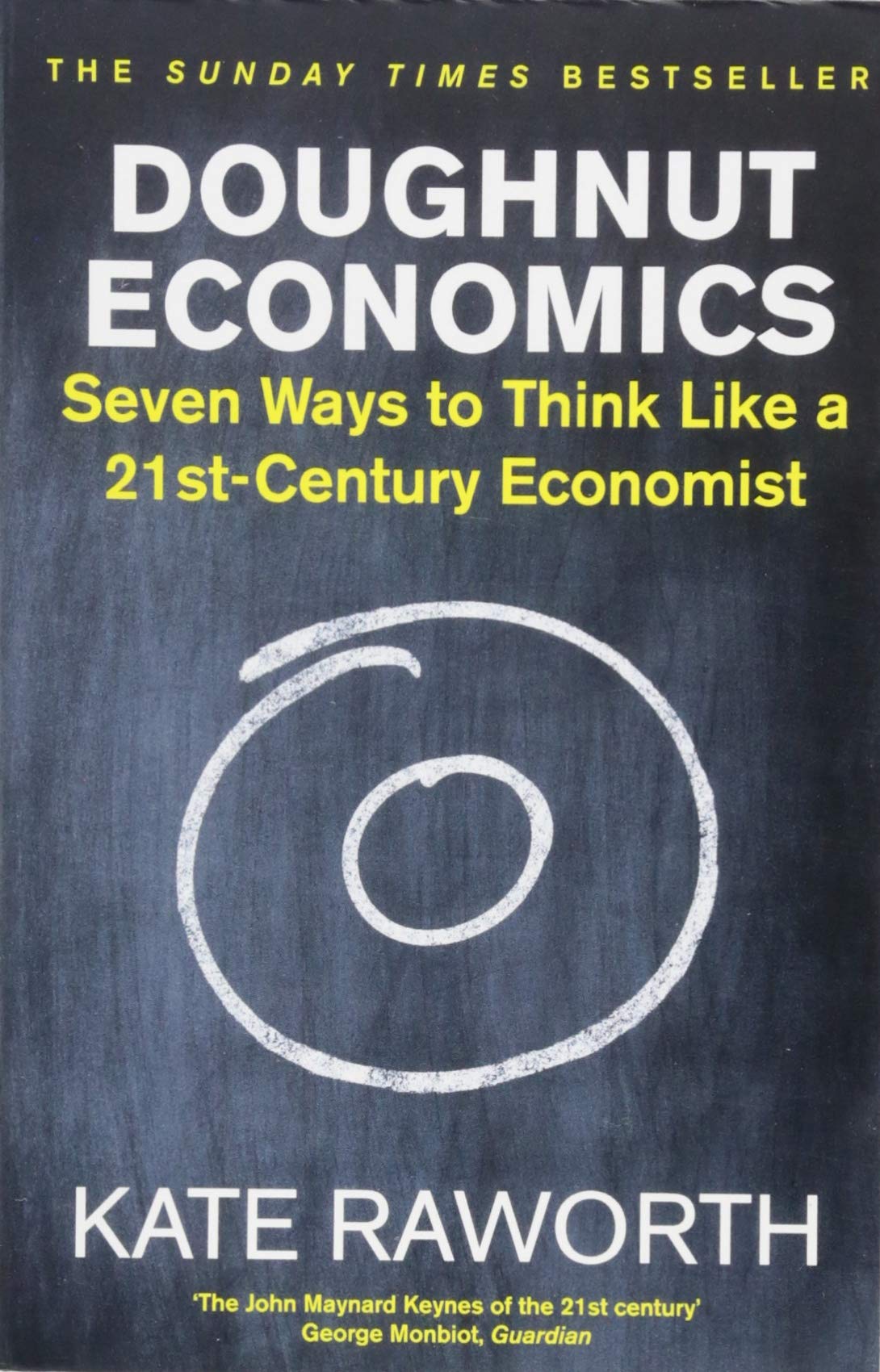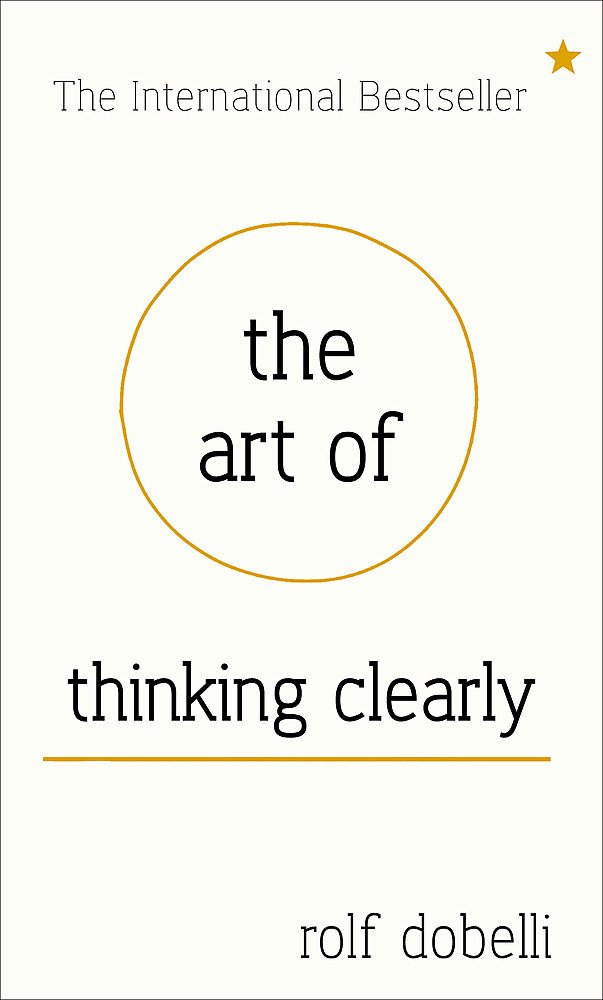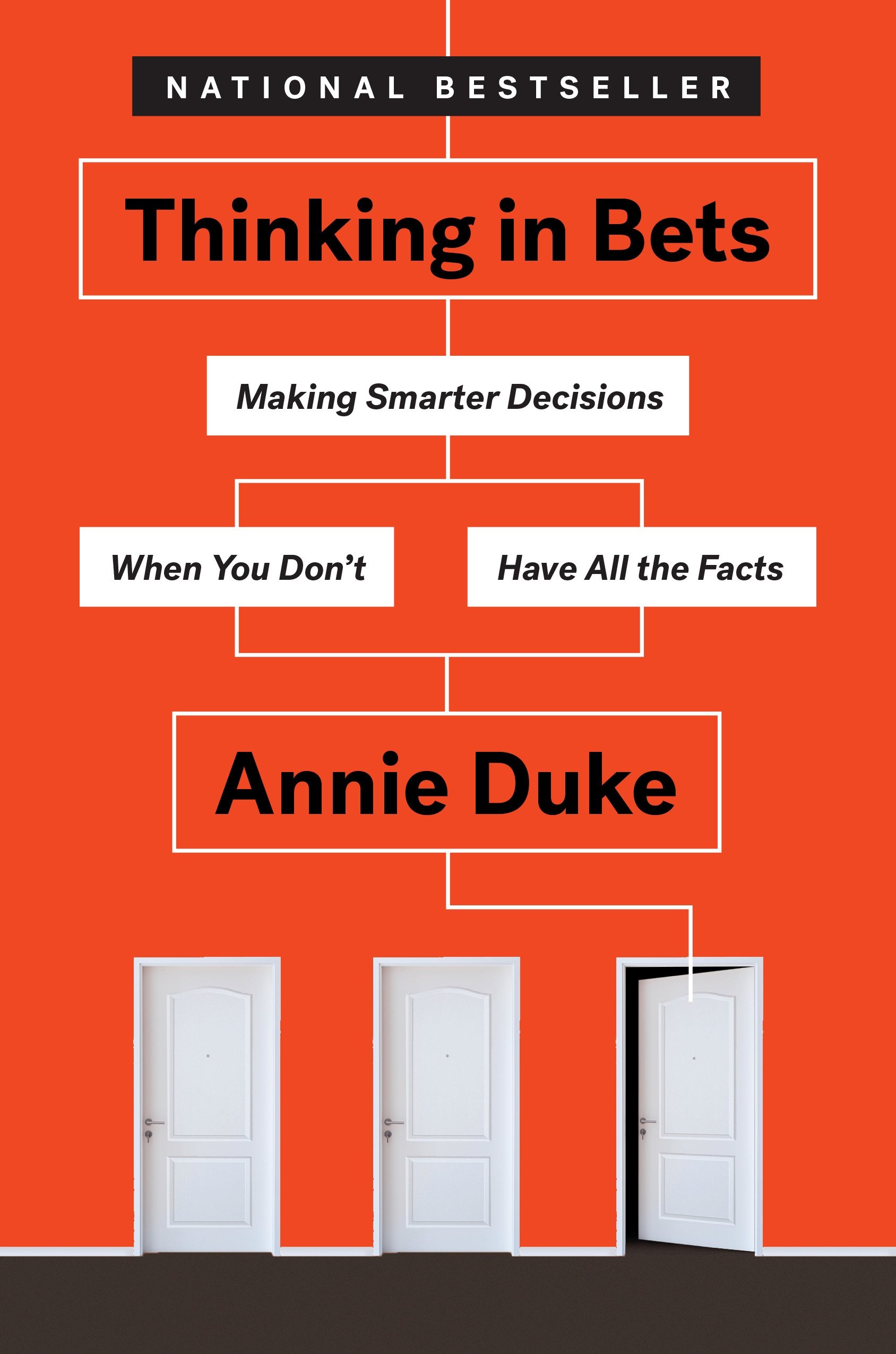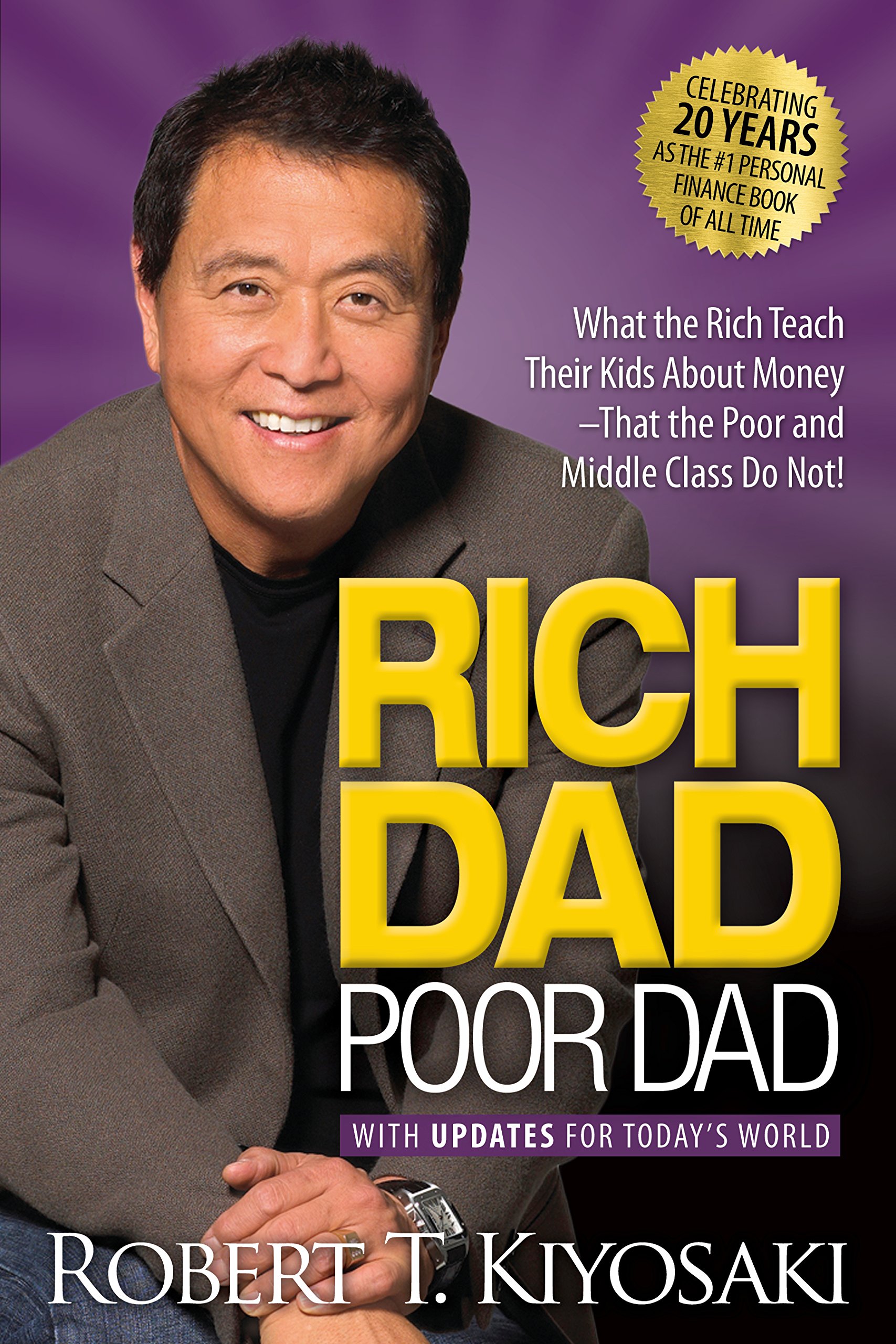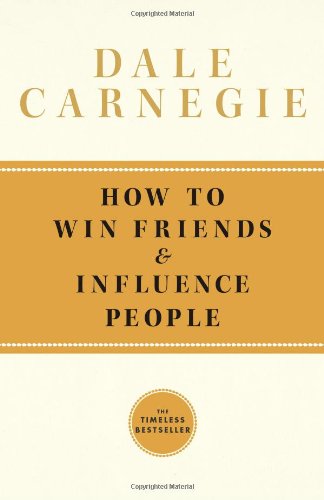Modern economics Economics is stupid, remember? It is modeled on ridiculous assumptions like perfectly rational egotistical actors, or efficient and fully transparent markets. It exists in an intellectual bubble where even the most relevant developments made in other fields are dismissed as mere “externalities” unworthy of recognition within economic theory. And it simply does not work, because it provides economists with almost no capability to predict the future development of a market or society, to calculate the effect of a new policy, or to prevent the next crisis. Fortunately, economists start to see it the same way. Doughnut Economics by Kate Raworth pictures a way towards a modern, sensible economic theory. I may be a bit unfair, and there certainly is more to economics than stupid ways to put a price on things. Nevertheless, one central question has always been how to measure or evaluate alternatives, be it on individual or governmental level. And regardless of the particular method of measurement, the “better” choice is defined as the one that yields “more”. More money, more GDP, more status. Economics expects, even demands, not only growth, but ever increasing growth rates. Growth of the growth, if you will. And that can…
Review – The Art of Thinking Clearly: The title of The Art of Thinking Clearly may provoke some wrong assumptions about the book’s content. It is NOT a self-help about mental training or concentration techniques. Author Rolf Dobelli collected a lot of logical fallacies – expectations or assumptions people intuitively make that are illogical or unhelpful – with a brief description and some typical examples for each. Originally, these were published as a weekly newspaper column. I read the German version describing 52 of those fallacies with one short chapter dedicated to each one. There is a second part with 52 more chapters which I have not read yet. The English version of The Art of Thinking Clearly condenses the content of both volumes into 99 chapters. With that out of the way, here is the review. People are bad a thinking. This is not our fault, it’s evolutionary. Bears ate all those cavemen that took too long to reflect on a situation and consider possible actions. We are descendants of people that ran when everybody else ran, agreed to the group consensus, were quick to form an opinion and had a slight tendency to panic. Today, in a world…
Review: Bad personal decisions are the leading cause of death, according to a study by Fuqua School researcher Ralph Keeney. So why should you learn making better decisions from a professional poker player, of all persons? In Thinking in Bets, author Annie Duke states that life is a lot more like poker than chess. In chess, both players have complete information. Every piece is visible to both players, and every possible next move is apparent. In poker, players know some of the cards that are in play, but have no information on which cards the opponents hold, or which card will be drawn next. Life is a lot like that, in that you can know yourself but can never be certain about which event will happen next. Making decisions in a poker game is tough, because you only have a part of the available information, and decisions in life are tough for the exact same reason. This paves the way for all sorts of fallacies: Fallacies to fall for The easiest trap to fall into is to be too sure about something. Many people know that too much sugar makes children hyperactive, that Albert Einstein failed at maths as…
Review: The book that sparked a movement – a cult, really – and is still cited as the number one resource for learning how to amass wealth. Kiyosaki describes the lessons he learned from young age by his two father figures. His father – the poor Dad – was a teacher, highly educated and holding a well-paid job with the government, who struggled to pay his bills. His friend Mike’s father – the rich Dad – dropped out of school and owned several companies. So, how do you get rich? Buy assets first, then pay your bills. The rest of the book merely elaborates on this simple principle. But if it is that simple, why aren’t more people rich? Because it is not obvious, what is an asset, and what is a liability (so invest in your financial education). It is hard to spot great investments (so invest in your network). And it’s hard to not pay anybody else first (so form a company to buy assets with pre-tax money). Each chapter of Rich Dad, Poor Dad consists of four parts. First, Kiyosaki recites tales from his youth, and what his titular Dads taught him. This is followed by a…
Key points People need things from you, and will value your ability to provide these things What you are inside is important, but other people can’t see it Learn, train and improve to make your inner qualities shine Author affiliations David Wong is an executive editor and writer at Cracked.com. Review copy free online article Review It’s April Fool’s Day, but instead of a hoax I decided to do some kind of special edition. So today we’ll have a look at an online article instead of a book. Cracked.com is a very dangerous site if you are the tiniest bit nerdy. Its main content, list-based humour heavy on pop culture references, is presented with just the right mixture of clickbait and substance to prompt hour-long reading binges. Between the fun, however, lurk some more serious pieces of actual journalism, just to add some flavour to the mix. And then there is one article that they repost every year since 2012, titled “6 Harsh Truths That Will Make You A Better Person”, and that’s what we will talk about. Staying true to its host site, “6 Harsh Truths” is a list counting down six behaviors and attitudes that…
Review When a book is attributed as an influence by famous and infamous people, and continues to sell this well, we can assume, that there is something to it. But how can a book this ancient be relevant today? Carnegie tries to answer the age-old question of human interaction: how can I get the other person to do what I want? “How to make friends…” is written as a workbook with four major topics (basic techniques, how to make people like you, convincing people, be a leader), each one presented as a series of short lectures. At a glance, the lessons are simplistic, and always iterating on the central themes: make other people feel important, understood and respected. If you look closer, however, then you see that this is all you actually need. Find out what your counterpart wants and needs to feel good, then give it to them and they will reciprocate. People like to create their own narratives, and you will win them by giving them the opportunity to be the hero of the story. This is the fundamental trick to improve all your human interactions, that stays valid in the digital age, maybe even more. As communication…
